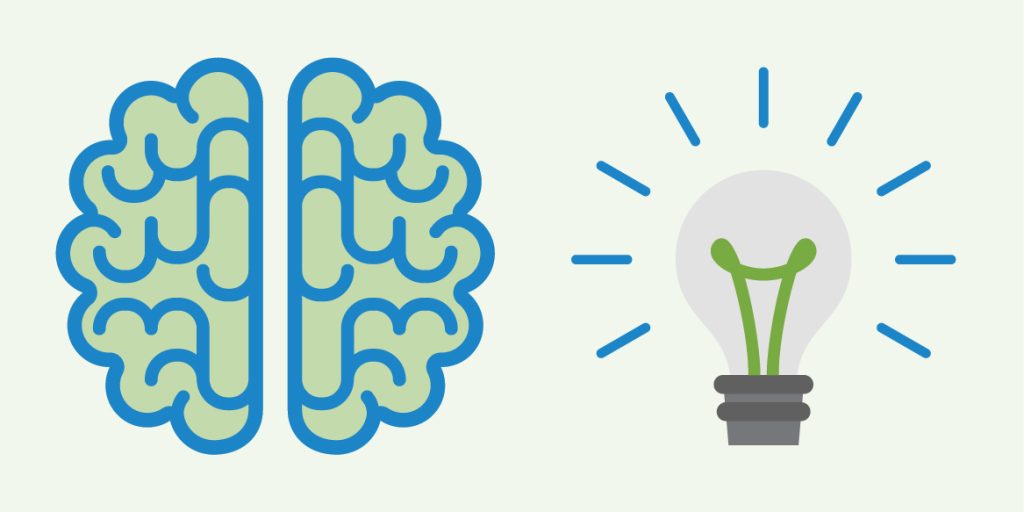News
Mental Health Matters
Wednesday, October 25th, 2023

When thinking about health, people often think about blood pressure, heart disease and other physical conditions. But that’s not a whole picture of a person’s health. Mental health, which includes a person’s emotional, psychological and social well-being, is important for people of all ages—and just as essential as taking care of our physical selves.
According to the Centers for Disease Control and Prevention (CDC), more than 1 in 5 adults in the United States live with a mental illness. And, more than 1 in 5 youth ages 13 to 18 either currently or at some point during their life have had a seriously debilitating mental illness.
In your work at your church or organization, you likely come across people of all ages who are having a mental health issue. Some symptoms are evident, while others can be masked well. Some people are open to talking about anxiety, depression and other mental health issues, while others hesitate to share their struggles.
You may wonder how you can help. There is no single cause for mental illness, just as there is not one solution. But there are ways you can be an active and helpful part of the conversation. Here are some ideas:
Educate yourself about mental health. Mental health issues don’t look the same for everyone. If someone opens up about a problem they are having, listen and encourage them to seek professional help. Today’s society is more open to transparency about mental health struggles and putting a priority on self-care.
Listen to children, youth AND adults. Mental health issues can happen at any age. If you have concerns about someone, talk about it—whether that’s talking to the person, your supervisor, volunteer coordinator, a parent or a caregiver. Frame it in a non-judgmental way, keeping the focus on behavioral changes you’ve noticed and your honest concerns. Don’t try to diagnose or make assumptions about the person, but do try to point them in the right direction.
Encourage people to act. Therapy and other mental health intervention can be very expensive, but there are resources out there. Some workplaces offer free or discounted therapy benefits, and your church or organization can consider making an investment in mental health resources. Your local hospitals or health organizations may also be good places to look for free or reduced programs.
988. it’s a number you should remember. The 988 Suicide & Crisis Lifeline (formerly known as the National Suicide Prevention Lifeline) offers 24/7 call, text and chat access to trained crisis counselors who can help people experiencing suicidal, substance use and/or a mental health crisis, or any other kind of emotional distress. People can also dial 988 if they are worried about a loved one who may need crisis support.
Mental health is just as important as physical health. Everyone can be a link in the chain of crisis prevention.